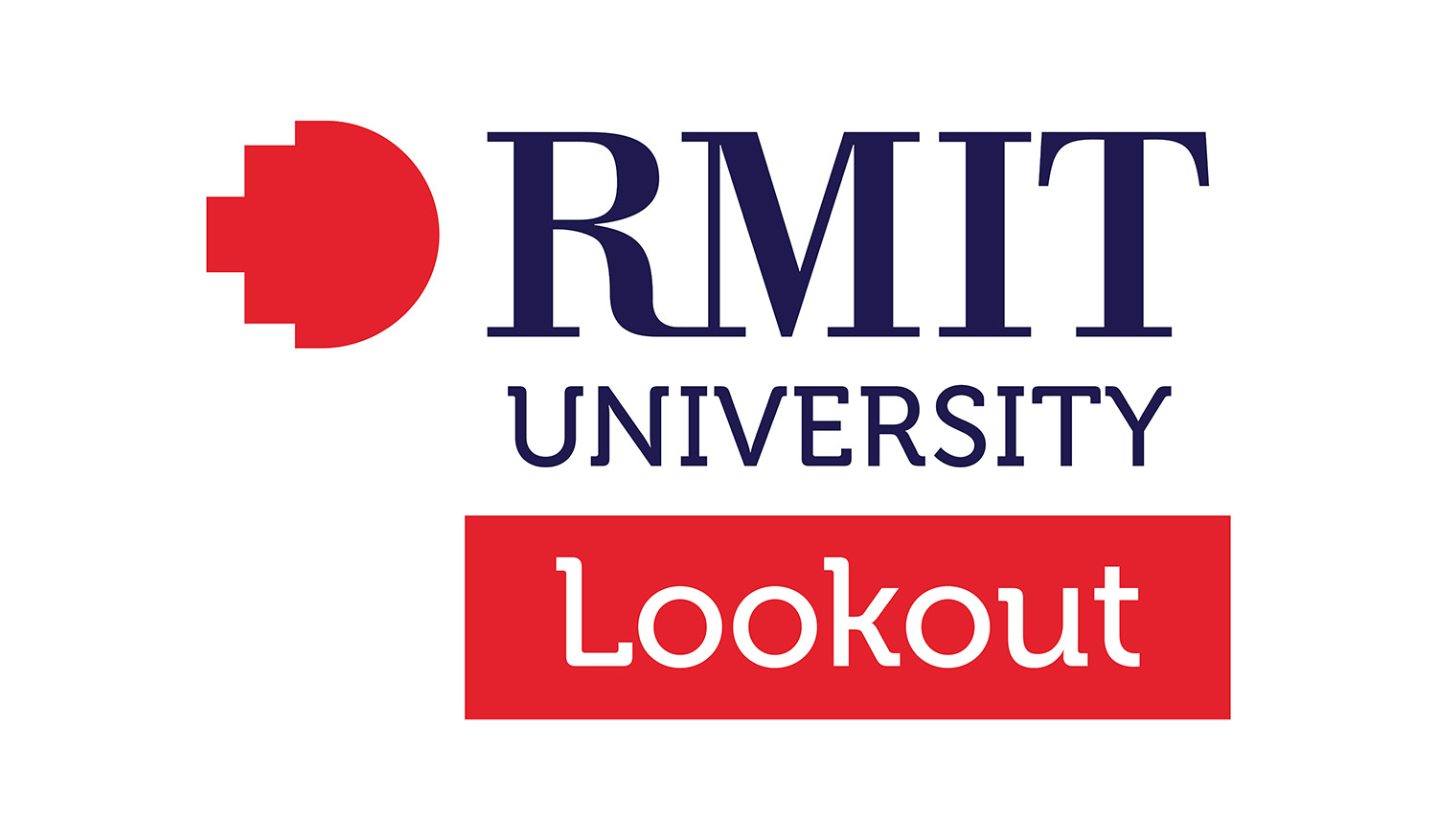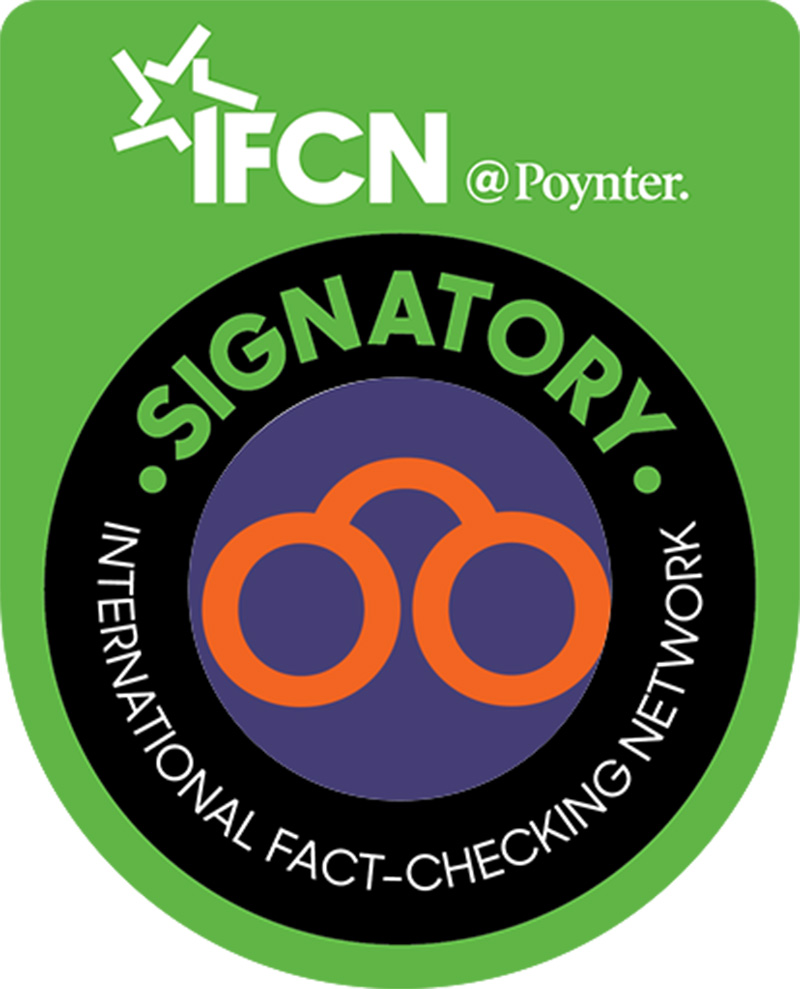1. Impartiality and fairness in reporting
1.1. RMIT Lookout reports honestly and fairly, disclosing all available essential facts. It does not suppress relevant available facts, or give undue emphasis that distorts.
1.2 RMIT Lookout does not take a political position on the issues it fact checks. It is not influenced by commercial or partisan considerations.
1.3 RMIT Lookout staff cannot be members of political parties, lobby groups or activist groups. Staff must declare any conflicts of interest and cannot promote or favour any view, cause or commercial interest.
1.4 RMIT Lookout strives to use neutral, unemotive language unless such language is used by a source being quoted.
1.5 RMIT Lookout will follow the facts and let the evidence dictate the verdict.
1.6 Staff must consult the RMIT Lookout director before fact-checking an issue that involves or could be perceived to involve a conflict of interest, either through membership of or alliance with community groups, or from personal, family or financial considerations.
2. Accuracy and transparency of sources
2.1. Factual accuracy is the fundamental priority in fact-check articles published by RMIT Lookout.
2.2 All information reported by RMIT Lookout must rely on authoritative sources, with sources identified by name unless there are exceptional reasons for not doing so.
2.3. RMIT Lookout aims to use primary sources wherever possible and hyperlinks to those sources, with the aim of allowing readers to replicate the fact check for themselves.
2.4 RMIT Lookout identifies the interests of any sources it quotes where they are considered relevant to the claim being fact checked.
2.5 Fact checks must rely on the best publicly available sources.
3. Honesty
3.1. RMIT Lookout staff must use fair, responsible and honest means to obtain material. They must clearly identify themselves as RMIT Lookout staff when interviewing and researching for fact-check articles.
4. Corrections
4.1. Factual errors or omissions that affect the integrity of a fact check must be dealt with as soon as they are brought to RMIT Lookout’s attention.
4.2. If RMIT Lookout determines that there has been a factual error or omission, the fact-check article will be corrected as a matter or priority.
4.3 Where a correction results in a change to the verdict, the verdict will be changed as soon as possible.
4.4 Fact Checks that require a change for any reason after publication (apart from typographical errors) will also carry an editor’s note at the foot of the article explaining the change, why it was made and the date it was made.
4.5 Challenges to accuracy in fact-check articles must be referred to the RMIT Lookout director.
5. Nonpartisanship policy
5.1 RMIT Lookout staff will take all steps to remain impartial in public spaces.
5.2 Staff are instructed to avoid appearing at political events or displaying political materials.
5.3 Staff may not use personal blogs or social networking platforms to express political opinions that compromise RMIT Lookout’s reputation for unbiased reporting and political neutrality.
5.4 Emails sent from an RMIT email address should adhere to the RMIT Lookout code of practice.
5.5 Any employment and freelance writing outside RMIT Lookout must be approved in advance by the RMIT Lookout director. Other employment must not compromise RMIT Lookout’s reputation for unbiased reporting and political neutrality, and the publication must not be an organ of government, a lobby group, a political organisation, or a publication with a notable political bias.
5.6 RMIT Lookout staff may not take part in panel discussions, public talks or media interviews in a professional capacity without the prior approval of the RMIT Lookout director.
5.7 All staff, freelancers and interns are required to read and abide by RMIT Lookout’s Code of Practice. Violations will be subject to appropriate disciplinary action.
5.8 Decisions made by the RMIT Lookout director relating to staff employment outside RMIT, conflict of interest issues, challenges to accuracy and media and public appearances will be referred to the RMIT Information Integrity Hub director.


